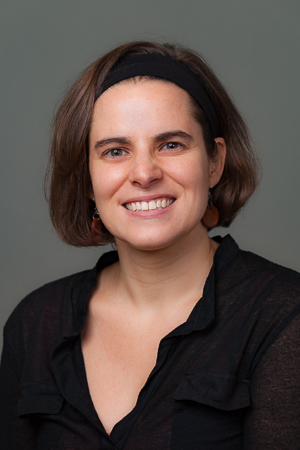Dickinson College
Faculty Profile
Say Burgin
Associate Professor of History (2017)Contact Information
Denny Hall
717-254-8058
Education
- B.A., Saint Olaf College,2006
- M.A., University of Leeds, 2009
- Ph.D., 2013
